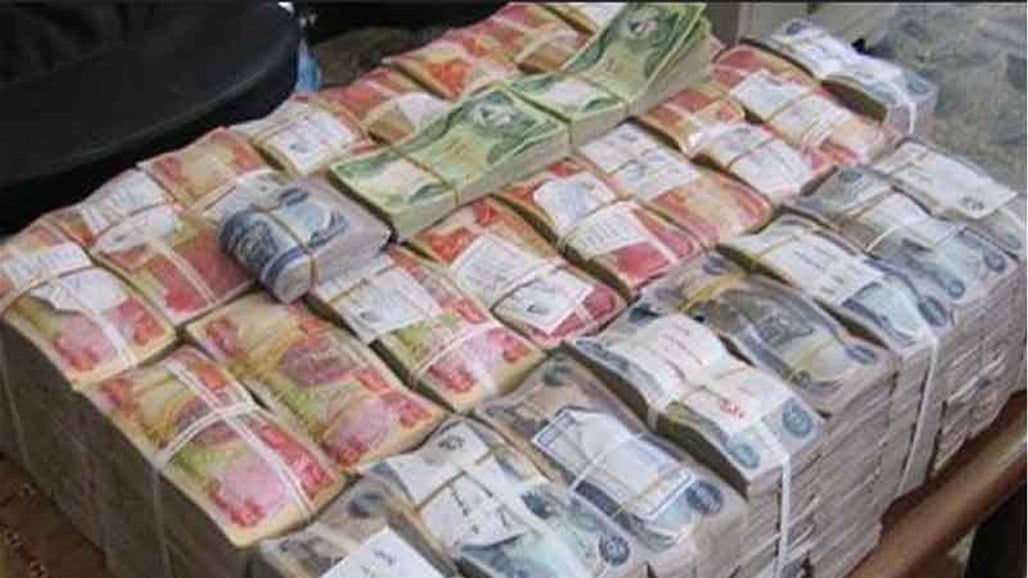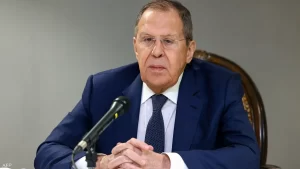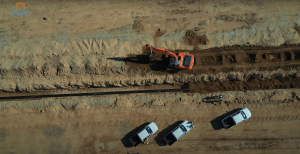The Iraqi Ministry of Planning revealed on Tuesday that, according to estimates outlined in the 2024–2028 National Development Plan, Iraq aims to generate 79 trillion dinars in non-oil revenues by 2028. At the same time, the share of oil revenues in the overall budget is expected to decline to 87%.
Ministry spokesperson Abdul Zahra Al-Hindawi stated that the plan anticipates oil revenues will drop from 89.2% of total revenues in 2024 to 87.4% by 2028. In contrast, non-oil revenues are projected to exceed 79 trillion dinars over the course of the five-year period.
He explained that the revenue figures were initially calculated based on actual collections during the first four months of the previous year, and then projected for the remainder of the year. The non-oil revenue estimates for the following years were developed based on an assumed growth rate aligned with that of non-oil economic sectors, which is forecasted at 5.73% annually.
According to Al-Hindawi, total non-oil revenues over the five-year plan are projected at 79.1 trillion dinars. Of this, 21 trillion dinars will come from direct taxes, 16.8 trillion from indirect taxes, and the remaining 41.3 trillion from other non-oil income sources.
He added that the development plan sets a target economic growth rate of 4.24% for Iraq’s GDP. This rate reflects the country’s available human and material resources, the challenges it faces, and the recent performance of key sectors, as reported by Al-Sabah newspaper.
Al-Hindawi also noted that the plan prioritizes investment in key sectors such as agriculture, industry, tourism, and infrastructure (both physical and service-based), as outlined in the general framework of the strategy. As a result, GDP is expected to rise from over 214 trillion dinars in 2022 to 264 trillion dinars by 2028. Moreover, the contribution of non-oil sectors to GDP is projected to increase from 39.7% in 2022 to 42.6% in 2028.





















